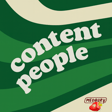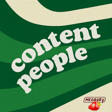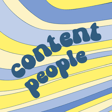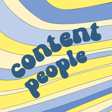
S3E16 Kaitlyn Teer of Cup of Jo and Big Salad
Thanks for listening to our episode with Kaitlyn Teer!
Episode Links:
Follow Kaitlyn here on Instagram: https://www.instagram.com/kaitlynteer
Big Salad:
https://joannagoddard.substack.com/
Cup of Jo:
https://cupofjo.com/
Priscilla Long's - The Writer's Portable Mentor: https://bookshop.org/p/books/the-writer-s-portable-mentor-a-guide-to-art-craft-and-the-writing-life-second-edition-priscilla-long/10785213
Virginia Tufte - Artful Sentences: https://www.amazon.com/Artful-Sentences-Syntax-as-Style/dp/0961392185/ref=tmm_pap_swatch_0
Jess DeFino's Big Salad post: https://joannagoddard.substack.com/p/jessica-defino-favorite-things
Ashley C. Ford's Big Salad post: https://joannagoddard.substack.com/p/ashley-ford-favorite-things
Aimee Nezhukumatathil's post: https://joannagoddard.substack.com/p/aimee-nezhukumatathil-favorite-things
And Aimee’s books: World of Wonders and Bite by Bite
An August Big Salad Event in Seattle: https://www.siff.net/cinema/in-theaters/big-salad-comes-to-seattle
Meredith & Content People Links:
Follow Meredith on LinkedIn: https://www.linkedin.com/in/meredith-farley/
Follow Content People on insta: https://www.instagram.com/contentpeoplepod/
Subscribe to the Content People newsletter: https://meredithfarley.substack.com/
Email Meredith: Meredith@MedburyAgency.com



